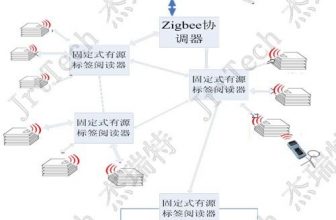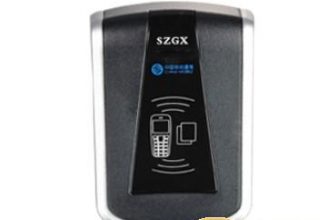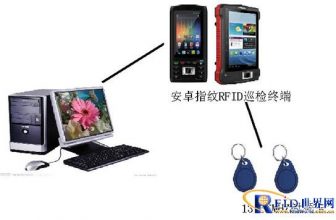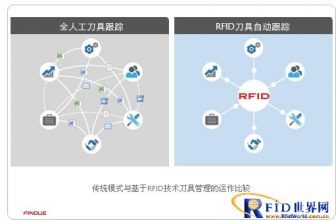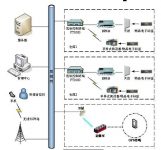
Smart logistics, RFID-based logistics management solution
[ad_1]
With the development of economic globalization and the rise of the network economy, the global logistics service industry has accelerated development. The development of global economic integration has made the cooperative relations of corporate procurement, warehousing, sales, and distribution increasingly complex. The competition between enterprises is not only the competition of product performance and quality, but also the competition of logistics capabilities. Use information technology to replace actual operations, reduce waste, save time and expense, so as to achieve seamless docking and integration of the supply chain. In order to realize the information management of logistics processes, use information management methods to manage the company’s warehousing and logistics information. , In order to promote data sharing, goods and capital turnover rate, improve work efficiency, and achieve an informatization process synchronized with modern logistics enterprise management.
At present, manual methods are used in storage and stowage management. However, manual methods are time-consuming, laborious, and error-prone. Therefore, the inefficient manual management method is difficult to ensure the correctness of receipt, inspection and delivery, resulting in inventory, delayed delivery, increased costs, and lost opportunities to serve customers, and manual management cannot provide managers Real-time, fast and accurate warehouse operations and inventory information, logistics and warehouse management solutions based on RFID technology, in order to implement timely, accurate and scientific decision-making.
1. RFID technology solution
Use long distanceRFIDRadio frequency identification technology and network information technology carry out intelligent and informatized management of enterprise logistics goods, realize automatic recording of goods in and out of warehouse information, intelligent warehouse inventory, record and release of goods status information, and output vehicle status reports.
2. System composition
This system is a high-tech product integrating radio frequency automatic identification technology, wireless communication technology, computer control technology, and network technology. The schematic diagram of the system network topology is shown in Figure 1 below.

The system hardware is mainly composed of fixed readers, flat antennas, goods electronic tags, wireless handheld readers, and management servers. The fixed reader is installed at the entrance and exit of the warehouse together with the antenna to obtain the electronic label information on the item and transmit the read electronic label information to the management server for processing through the local area network (or RS485 bus). The handheld reader is used During item inventory, read the electronic tag information of the item, and wirelessly transmit the electronic tag information to the management server for processing.
Three, system function
1. Item storage
Before the goods are put into the warehouse, paste a flexible electronic label on the outer packaging and write the item information. After the items are read by the reader when the goods are put into the warehouse, the information will be displayed on the screen through the local area network so that the operator can follow the information For storage.

2. Bulk cargo delivery
For bulk cargo, such as oil, coal, etc., after receiving and weighing, use a wireless handheld reader to search for information about free vehicles in the management center database, and allocate transportation vehicles for the goods. After the vehicle arrives and is loaded, the vehicle information, product information, destination and time of arrival, name of the shipper and other information are input through the wireless handheld reader, and transmitted to the central database through the wireless function of the handheld reader for confirmation and storage .
3. Loading out of the library
First, the operator makes a shipping list according to the customer’s outbound plan, and at the same time finds an idle vehicle through the vehicle’s GPS information, distributes and transports the goods on the list, and then finds the required goods in the warehouse for outbound operations.
4 Unloading transit
After the goods reach the destination (or transit point) and unload the truck, a handheld reader is used to read the electronic label information on the goods. Understand the condition of the product.
5. Goods inventory
When taking inventory, staff can use handheld readers to collect electronic label information on items in the warehouse. After completion, they can wirelessly transmit the collected information to the central database for comparison and storage to form an inventory report.
Four, system advantages
Realize cross-regional centralized management, distributed operation and real-time monitoring functions;
Efficiently complete various business operations, improve warehouse management, and increase efficiency and value;
Improve the recognition rate of items in and out of the warehouse, identify multiple items at the same time, ensure that the number of physical objects and documents are consistent, and improve the efficiency of in and out of the warehouse.
Safely manage the warehouse to prevent theft. Malicious destruction and other illegal acts.
[ad_2]



